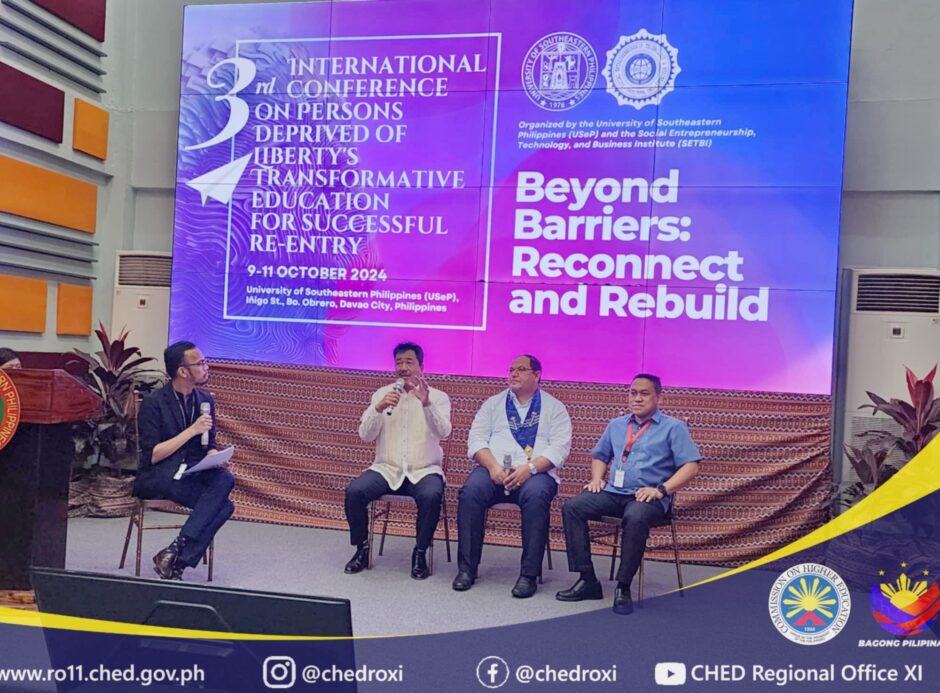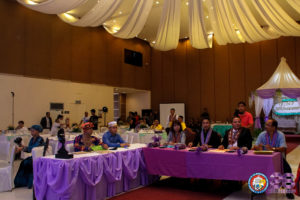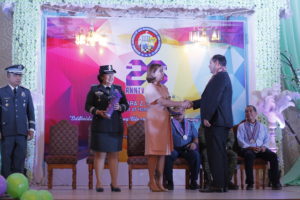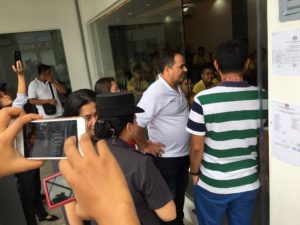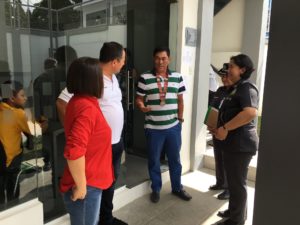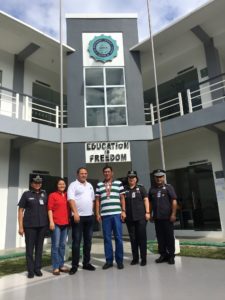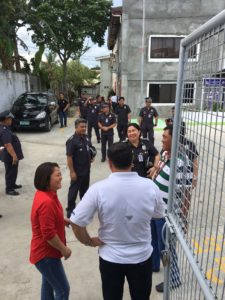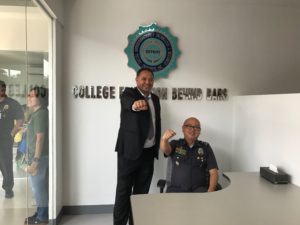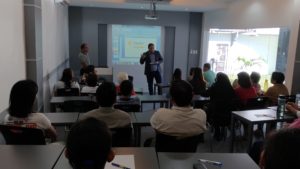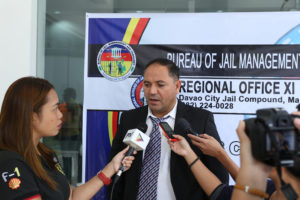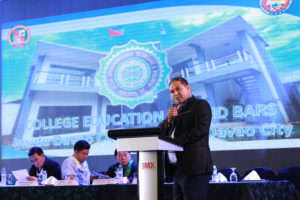


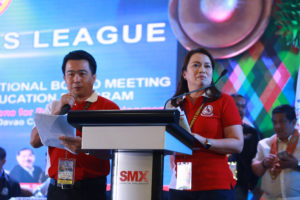 The president of the Social Entrepreneurship Institute, Dr. Aland Mizell, told several thousand councilors attending the Philippines 3rd Quarterly National Executive Officers-National Board (NEO-NB) Meeting and 2nd
The president of the Social Entrepreneurship Institute, Dr. Aland Mizell, told several thousand councilors attending the Philippines 3rd Quarterly National Executive Officers-National Board (NEO-NB) Meeting and 2nd 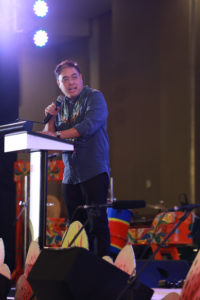
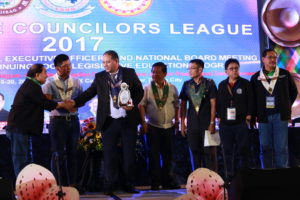 Series of Continuing Local Legislative Education Program (CLLEP) of the Philippine Councilors League that it is an undeniable fact that we live in a society where people do bad things, sometimes so bad that being to sent to prison is the only option. The event was held at the SMX Convention Center, SM Lanang Premier, Davao City on Monday, September 18, 2017. Dr. Mizell added that it is also an undeniable fact that most of the inmates inside the jail today will not be in forever, and sooner or later they will be free to go back into society. The question is will their re-entry be a one-way trip? Will each of them leave the jail never to return? To follow that route, inmates must know how to succeed when they re-enter society. Statistics are stacked against them. When prisoners get out, eventually, most of them find themselves back in. There are many reasons for the recidivism, but studies consistently show that the primary cause is unemployment. On the outside they need a job to eat, a place to live, skills to support their family, and the ability to hold their head high and know they can handle the freedom. But jobs are hard to find when they carry a prison record with them. Still, they cannot use that as an excuse. With solid training and a recovery program to transform lives, released prisoners can overcome a prison record and the stigma. Dr. Mizell concluded that we still have more work to do. We need to initiate College Education Behind Bars in every jail in the Philippines. The more this programs is reproduced in other jails, the less money the jails have to spend. In the future, we need to prepare as many inmates as possible to return to society as productive, law abiding citizens. Some city councilors indicated an interest in replicating the program in their cities as well. Continue reading
Series of Continuing Local Legislative Education Program (CLLEP) of the Philippine Councilors League that it is an undeniable fact that we live in a society where people do bad things, sometimes so bad that being to sent to prison is the only option. The event was held at the SMX Convention Center, SM Lanang Premier, Davao City on Monday, September 18, 2017. Dr. Mizell added that it is also an undeniable fact that most of the inmates inside the jail today will not be in forever, and sooner or later they will be free to go back into society. The question is will their re-entry be a one-way trip? Will each of them leave the jail never to return? To follow that route, inmates must know how to succeed when they re-enter society. Statistics are stacked against them. When prisoners get out, eventually, most of them find themselves back in. There are many reasons for the recidivism, but studies consistently show that the primary cause is unemployment. On the outside they need a job to eat, a place to live, skills to support their family, and the ability to hold their head high and know they can handle the freedom. But jobs are hard to find when they carry a prison record with them. Still, they cannot use that as an excuse. With solid training and a recovery program to transform lives, released prisoners can overcome a prison record and the stigma. Dr. Mizell concluded that we still have more work to do. We need to initiate College Education Behind Bars in every jail in the Philippines. The more this programs is reproduced in other jails, the less money the jails have to spend. In the future, we need to prepare as many inmates as possible to return to society as productive, law abiding citizens. Some city councilors indicated an interest in replicating the program in their cities as well. Continue reading
